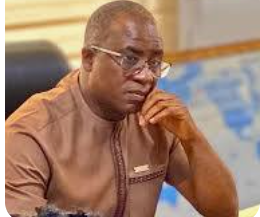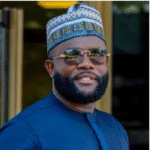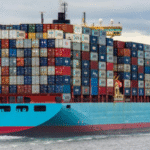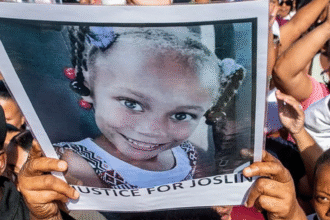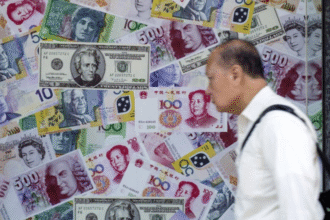By Sara Camara
Monrovia, Liberia – President Joseph Nyuma Boakai, Sr. has suspended Abdullah L. Kamara, Acting Chairman of the Liberia Telecommunications Authority (LTA), in the wake of a damning General Auditing Commission (GAC) report alleging widespread corruption and financial misconduct. The suspension, effective immediately, comes as a shock to the Liberian telecom sector, already grappling with significant challenges.
The GAC report, released earlier this week, details a series of financial irregularities reportedly linked to Kamara during his tenure as CEO of TAMMA Corporation, a private company that has allegedly benefited from lucrative government contracts. The report alleges that Kamara authorized over L$262 million and US$450,000 in questionable transactions, some of which are believed to be in direct violation of Liberia’s procurement and public financial management laws.
The most concerning allegation stems from the alleged mismanagement of US$2.6 million earmarked for a crucial digital literacy program aimed at empowering Liberian youth. The report suggests that these funds were misappropriated, leaving the future of the program uncertain and fueling public outrage.
In his suspension letter, President Boakai reiterated his administration’s commitment to zero-tolerance for corruption and instructed Kamara to fully cooperate with ongoing investigations. Kamara will remain suspended without pay pending the outcome of the probe.
The Liberia Anti-Corruption Commission (LACC) is reportedly actively investigating Kamara, although no official charges have been filed to date. The LACC has also raised serious concerns about the potential conflict of interest arising from Kamara’s concurrent leadership of a public regulatory body and a private company with vested interests in the telecom sector.
“This is not just a case of financial mismanagement; it’s systemic rot,” an LACC insider stated anonymously. “You cannot serve two masters—especially not in a sector as sensitive as telecommunications.”
The suspension has sparked mixed reactions among Liberians. While some applaud President Boakai for taking decisive action against alleged corruption, others question the due diligence exercised during Kamara’s initial appointment, given his previously controversial background.
“The Boakai administration came to power on the promise of integrity. The question now is whether this is a clean-up or just damage control,” remarked a leading civil society figure, highlighting the pressure on the new administration to deliver on its anti-corruption promises.
The investigation into Kamara and the alleged misappropriation of funds will undoubtedly have significant implications for the future of Liberia’s telecom sector and the Boakai administration’s efforts to combat corruption and ensure transparency in governance. The outcome of the investigations is being closely watched by both local and international observers.


